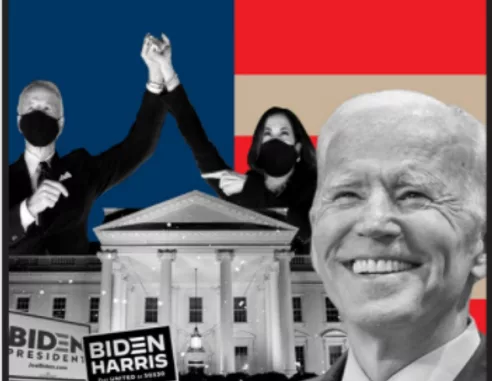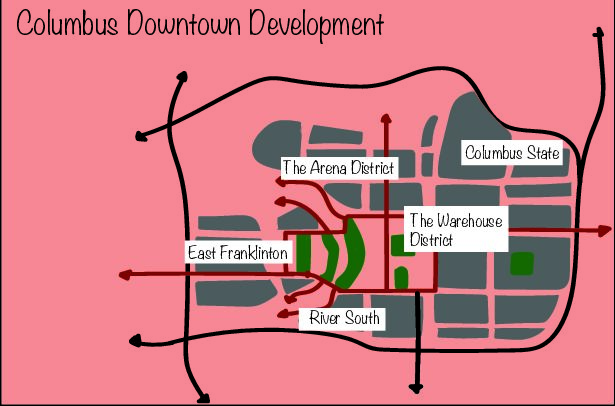
design: Nick Allen
Fewer than 60 years ago, former President John F. Kennedy had delivered one of the most memorable inaugural speeches that had sought to unify its fellow citizens during difficult times. “Let every nation know, whether it wishes us well or ill, that we shall pay any price, bear any burden, meet any hardship, support any friend, oppose any foe to assure the survival and the success of liberty,” Kennedy said. The inauguration had allowed him to set in motion his notable presidency.
The inauguration will be held on Jan. 20 in Washington, D.C. where both the president-elect and vice president will recite the Oaths of Office. The ceremony will be held at the West Lawn of the U.S. Capitol.
“The swearing-in is at noon on Jan. 20. It was changed by the 20th amendment. Prior to the 20th, it was held in March,” U.S. Government teacher John Carmichael said.
The swearing-in ceremony will be conducted by the Chief Justice of the Supreme Court. The president-elect will put his left hand on the Bible and his right hand in the air, while reciting the Oaths of Office.
“Chief Justice John Roberts swears in the president-elect,” Carmichael said.
Following the event of the president-elect reciting the Oaths of Office, is the inaugural address. The inaugural address is a chance for the upcoming president to inspire or uplift their fellow citizens, but also introduces his vision for the future of the country.
“Politically, Joe Biden will likely try to convince Americans on how he hopes to bring us out of the pandemic,” junior Connor Goudie said.
Due to the pandemic, the tickets to attend the inauguration have been limited for each state to enforce safety protocols.
Tickets to attend the inauguration are free and obtained through the congressional office of each state, according to the Joint Congressional Committee on Inaugural Ceremonies.
Preparation for the transition of power between presidents has already begun as construction unfolds in front of the White House for the inauguration.
Federal and local officials are creating a blueprint for a scaled down version of the inauguration, prioritizing the safety of its citizens amid the pandemic, according to the Seattle Times.
Many aspects of the upcoming election will look very different for multiple different reasons. COVID-19 has limited many aspects of the inauguration along with its traditions.
“The pandemic will impact some of the public gathering and festivities. Typically, there is a week of parties leading up to the swearing-in ceremony. President-elect Biden is strictly enforcing COVID counter measures,” Carmichael said.
Many measures have been created to regulate the safety of the citizens attending the upcoming inauguration.
Attendees must wear masks and are required to be socially distant, according to The New York Times. These policies sought to limit the spread of the pandemic and maintain the safety of the attendees.
In preparation for the inauguration, the departing president must aid the incoming president to ensure a smooth transition into office.
“The Presidential Transition Act of 1963, mandates that the outgoing president must assist the incoming president with issues related to the transfer of power,” Carmichael said.
Numerous citizens are concerned about whether Trump will assist or appear near inauguration. He has yet to make a formal announcement on embracing Biden into office.
“It is still questionable that Trump will attend this inauguration,” Goudie said.
This event will be a pivotal moment in the advancement of the United States of America. It marks the beginning of a new presidency and their visions for the future of the country just like how their predecessors had done in the past.


